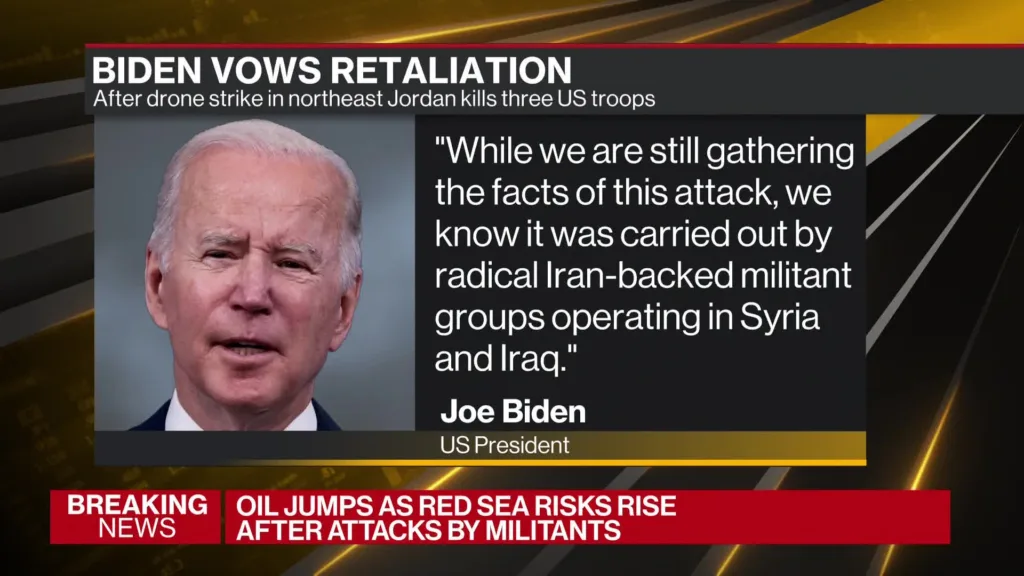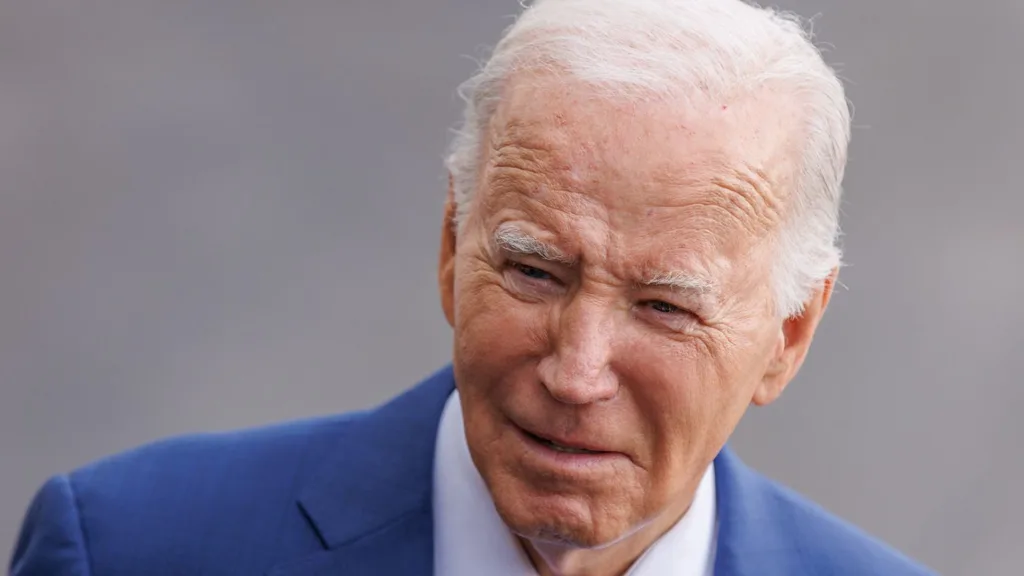(A Delicate Diplomacy Dance: Biden and the Middle East Quagmire)
The Middle East, a region entrenched in complexities and historical conflicts, is currently at the brink of a potential catastrophe. In this article, we will explore the intricate web of geopolitics surrounding the region, with a particular focus on the risks associated with any potential military action against Iran.

Historical Context
To truly grasp the gravity of the situation, it’s essential to delve into the historical events that have shaped the Middle East. Centuries-old tensions and conflicts have laid the groundwork for the intricate geopolitical landscape we see today. From the Ottoman Empire’s decline to the establishment of modern nation-states, every historical juncture has contributed to the current state of affairs.
Iran’s Role in the Middle East
At the heart of the matter is Iran, a nation with significant geopolitical influence. Understanding Iran’s role in the region involves examining its relationships with neighboring countries. Iran’s alliances and rivalries play a pivotal role in shaping the dynamics of the Middle East.
Nuclear Deal and Its Impact
The Joint Comprehensive Plan of Action (JCPOA), commonly known as the Iran Nuclear Deal, adds another layer to the complex situation. The U.S. withdrawal from the agreement has heightened tensions and raised concerns about the potential development of nuclear capabilities in the region.
Current Political Climate
As we navigate the present political landscape, recent developments and alliances come into focus. The shifting sands of power dynamics in the Middle East have created a delicate balance that could be disrupted by any significant military action.
Potential Consequences of an Attack
A military strike against Iran could have far-reaching consequences, impacting not only the immediate region but also global stability. Examining the potential outcomes of such an attack is crucial in assessing the risks involved.
Diplomatic Alternatives
Amidst the looming threat of conflict, diplomatic solutions must be explored. International organizations and diplomatic channels could provide avenues for resolution, emphasizing the importance of dialogue over aggression.
Public Opinion and Perception
Public sentiment plays a pivotal role in shaping political decisions. Analyzing how the public views the potential conflict provides insights into the broader social implications of military action.
Role of Allies and Adversaries
The stance of key allies and adversaries in the region significantly influences the trajectory of events. Understanding potential alliances and oppositions helps in predicting the geopolitical fallout.
Humanitarian Concerns
Beyond political and strategic considerations, the potential humanitarian impact of an attack cannot be ignored. Civilian lives are at stake, and any military action must carefully consider the human cost.

Image Credit :CNN
Economic Ramifications
The economic consequences of a conflict in the Middle East extend beyond the region. Disruptions to global markets could have lasting effects on the world economy, emphasizing the interconnectedness of nations.
Global Security Implications
The impact of a potential conflict in the Middle East reverberates globally, affecting the security landscape in other regions. Examining these broader implications is crucial for understanding the full scope of the situation.
The Role of Media in Shaping Narratives
Media outlets play a significant role in shaping public perception. Analyzing how the media reports on the situation sheds light on the narratives that influence public opinion.
Calls for Diplomacy and De-escalation
Amidst the complexities and potential for conflict, there are international calls for peaceful resolutions. Diplomacy and de-escalation are advocated as the preferred paths forward, emphasizing the need for international cooperation.
Conclusion
In conclusion, the Middle East stands at a crossroads, with the potential for a catastrophic chain of events. The delicate balance of power, historical tensions, and the complex web of alliances and rivalries underscore the need for caution. The Biden administration must tread carefully, prioritizing diplomatic solutions over military actions to avert a potential disaster.
FAQs
Q: What led to the heightened tensions in the Middle East by Biden?
Historical conflicts, geopolitical power struggles, and the U.S. withdrawal from the Iran Nuclear Deal have contributed to the current situation.
Q: Why is Iran’s role crucial in the region?
A: Iran’s geopolitical influence, alliances, and rivalries significantly impact the dynamics of the Middle East.
Q: How might a military strike against Iran affect global security?
A: A conflict in the Middle East could have far-reaching consequences, impacting global security and stability.
Q: What diplomatic alternatives exist to resolve the current crisis?
A: International organizations and diplomatic channels provide avenues for peaceful resolutions, emphasizing dialogue over aggression.
Q: What role does public opinion play in the decision-making process?
A: Public sentiment influences political decisions, highlighting the importance of understanding how the public views the potential conflict.